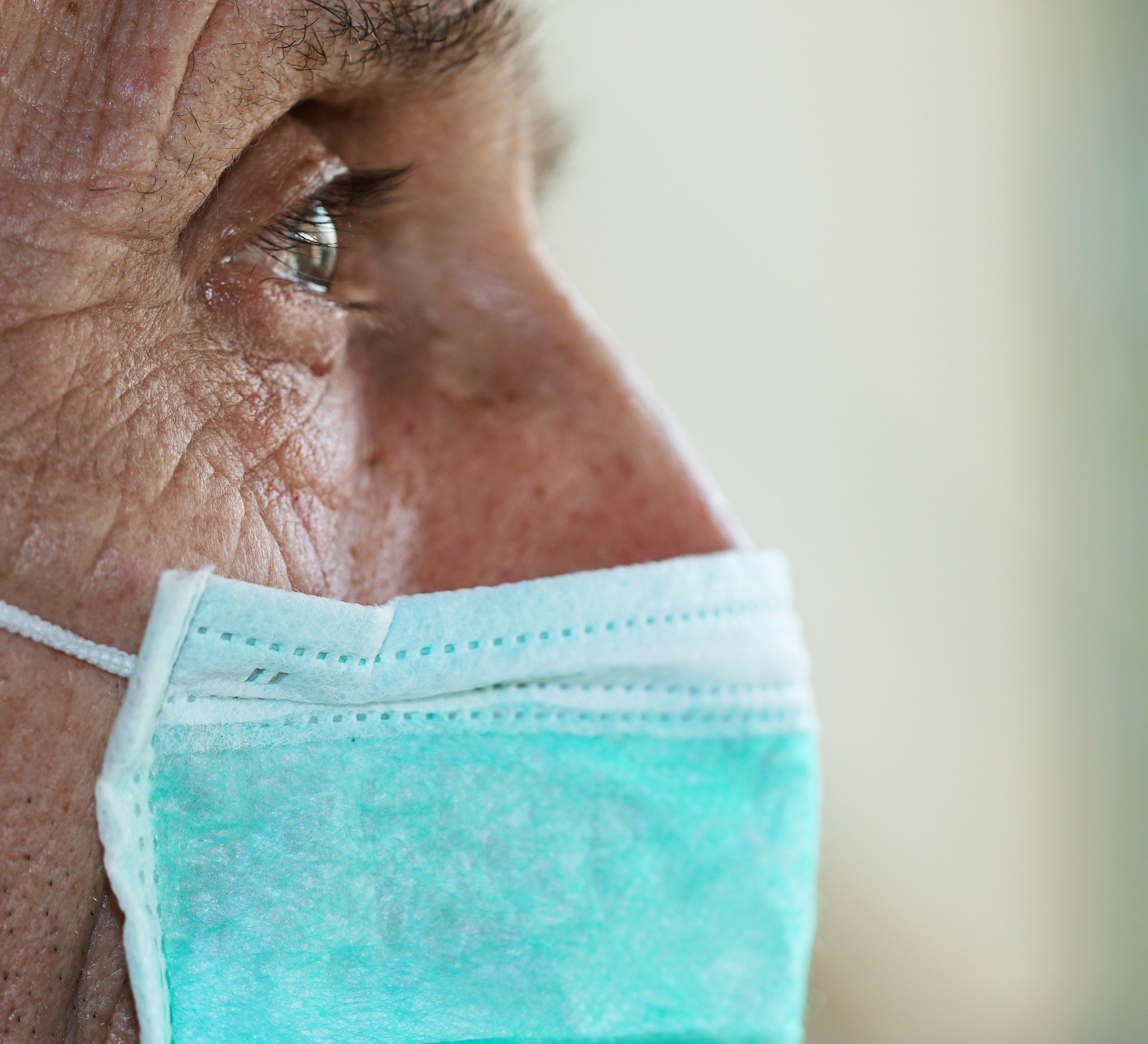 THE ELDERLY, THE FRAIL, AND COVID-19 VACCINES: WHAT WE KNOW SO FAR
THE ELDERLY, THE FRAIL, AND COVID-19 VACCINES: WHAT WE KNOW SO FAR
Janet E. McElhaney, Anna Taddio and Shawn H.E. Harmon | January 25, 2021
Janet E. McElhaney, MD, FRCPC, FACP, Health Sciences North Research Institute, Professor, Northern Ontario School of Medicine
Anna Taddio, BScPhm, PhD, Professor, Leslie Dan Faculty of Pharmacy, University of Toronto
Shawn H.E. Harmon, BA, LLB, LLM, PhD, PGCert, FHEA, IWK Health Centre, Dalhousie University
With the global death toll from COVID-19 now over 1.8 million and over 87 million cases, COVID-19 remains a global public health emergency. The pandemic has been particularly devastating in older adults. In Canada, 1 of every 5 long-term care and retirement home residents infected with the disease have died, and 3 out of 4 deaths from this disease have occurred in these settings.
The introduction of COVID-19 mRNA vaccines hold great promise for protecting older adults. To date, clinical trials have shown that these vaccines are safe and highly effective for preventing COVID-19 in healthy older adults. The data is more limited, however, in terms of how well these vaccines will be tolerated by frail older adults. Recent reports of deaths following COVID-19 vaccination of frail older adults living in long term care facilities in Norway have raised concerns about the safety of COVID-19 mRNA vaccines in this population. However, the World Health Organization has reviewed these cases and concluded they are in line with the expected number and causes of death for this population and are unlikely related to vaccination. Importantly, careful monitoring of side effects as these vaccines have been rolled in Canada and the US have not raised any safety concerns about COVID-19 vaccination in long term care settings.
Though it may seem counter-intuitive, and despite limited evidence, it is common practice for vaccine programs to prioritize elderly persons who are frail because the public health priority is to protect those with the highest risk of death from the disease.
Even so, you may be worried about vaccinating your loved one who lives in a nursing home or retirement home. Here is what needs to be considered when reading reports on deaths following vaccination in frail elderly residents in long term care; death rates are in line with that expected in this setting, independent of vaccination or COVID-19. Thus we must not jump to the conclusion that the events are necessarily linked. Initial published results suggest the vaccine is as safe in frail older adults as in healthy older adults but great care is being taken to collect data to validate this conclusion as more people are vaccinated. The effects of the vaccines, such as low grade fever and pain in the arm, are being carefully tracked in countries where vaccines are being used. Published studies from the analysis of these side effects confirm that the vaccine is as safe in frail older adults as in the healthy older adults.
What are the most important factors for you and your loved one to keep your loved one safe? Residents of long-term care facilities and their essential caregivers ought to engage in discussions about vaccination and to consult health care providers. The decision to have a vaccination should consider the very significant risks of the disease and of not being vaccinated, balanced against the benefits of vaccination and low risk of significant side effects. It is essential to get up-to-date and accurate information to help make your decisions about vaccination. In general, the science points to getting vaccinated because the benefits on mortality considerably outweigh the risk of side effects of vaccination. However, it is less clear for extremely frail residents (those who are dependent for all of their care and nearing the end of life) who may have limited ability to tolerate the known side effects of COVID-19 vaccines and are approaching end of life.
This article initially appeared in the Globe and Mail on January 25, 2021.



